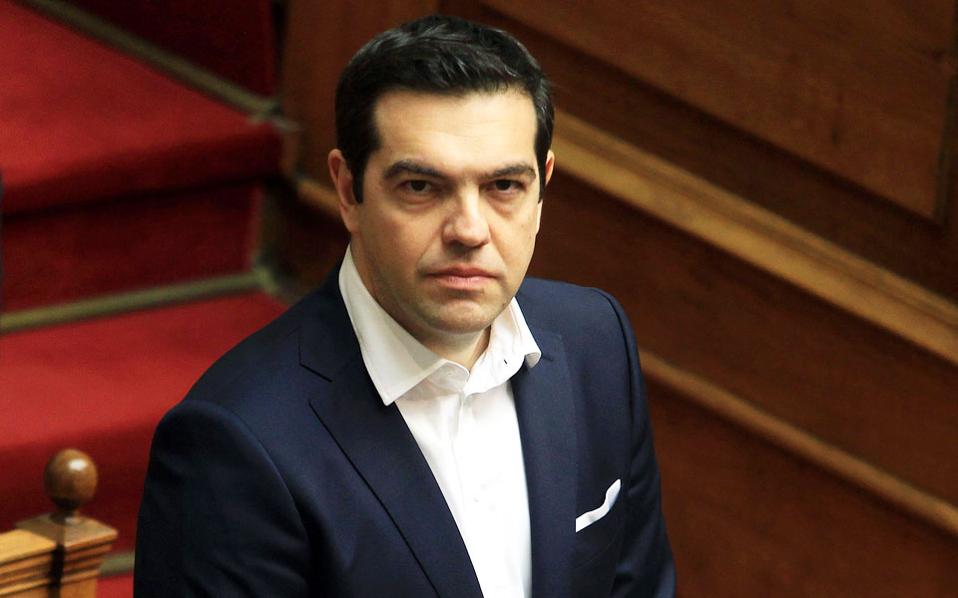Alexis Tsipras runs out of moves

Whenever his policy leads to a dead end, Alexis Tsipras makes a grand gesture to try to escape. When the clash with our European Union partners came to a head, he tried to abdicate responsibility by staging a referendum; afterward, when he was forced to change tack and faced a revolt within his party, he called snap elections. With this drama, he managed to divert attention away from the essence of problems. With Thursday’s call for a meeting of the Council of Political Leaders, the prime minister has run out of tactical moves. The only one still unused is the forging of a new coalition – which will happen when this government loses its already slim majority in Parliament.
Tsipras wants the backing of other political parties in order to deal with the thorny problem of social security reform, which is a mortal threat to this government. He seeks support from those to whom he never gave any when they were in government, when he pressed the message that their difficult decisions were the product of servility to foreign powers and that with his SYRIZA party in power all would be rosy. In July, the more responsible opposition parties backed the government’s decision to sign a new bailout deal, judging that this was the only way to avert national bankruptcy.
Now Tsipras seeks a renewal of this support and he may get it. He has the good fortune of having opposition parties which understand that if Greece does not give in to the demands of creditors the funding will stop.
Whatever good will may have still existed at the start of the year has evaporated and Greece is obliged to meet every demand in order to receive money, whether the proposed policies are successful or not.
However bitter the pill that they must swallow, it is most likely that New Democracy, PASOK and Potami will attend the council of party leaders. The Communist Party turned down the invitation and Golden Dawn was not sent one. In other words, the parties that are dedicated to keeping Greece in the eurozone and the European Union will be meeting. That, in itself, is positive.
Another positive factor is that the opposition parties are in a position to press the prime minister to seek consensus even where he wishes to avoid it. For example, the government has announced a “dialogue” on education reform but persists in pushing for a return to the failed university model that was adopted in the 1980s. Now the opposition parties can demand that the Education Ministry drop the proposed changes. This is where we will see how sincere Tsipras is in his calls for consensus.
Calling for a meeting of party leaders may stress the impasse that the prime minister faces, and the exhaustion of his tactical maneuvering, but it is also a positive sign that there is hope for a minimal level of cooperation between the parties that make up the greatest part of our political system. All parties face great difficulties and none can carry the burden of responsibility for reforming Greece on its own. As dead ends multiply, the long-delayed political ferment that might lead to solutions becomes inevitable.





